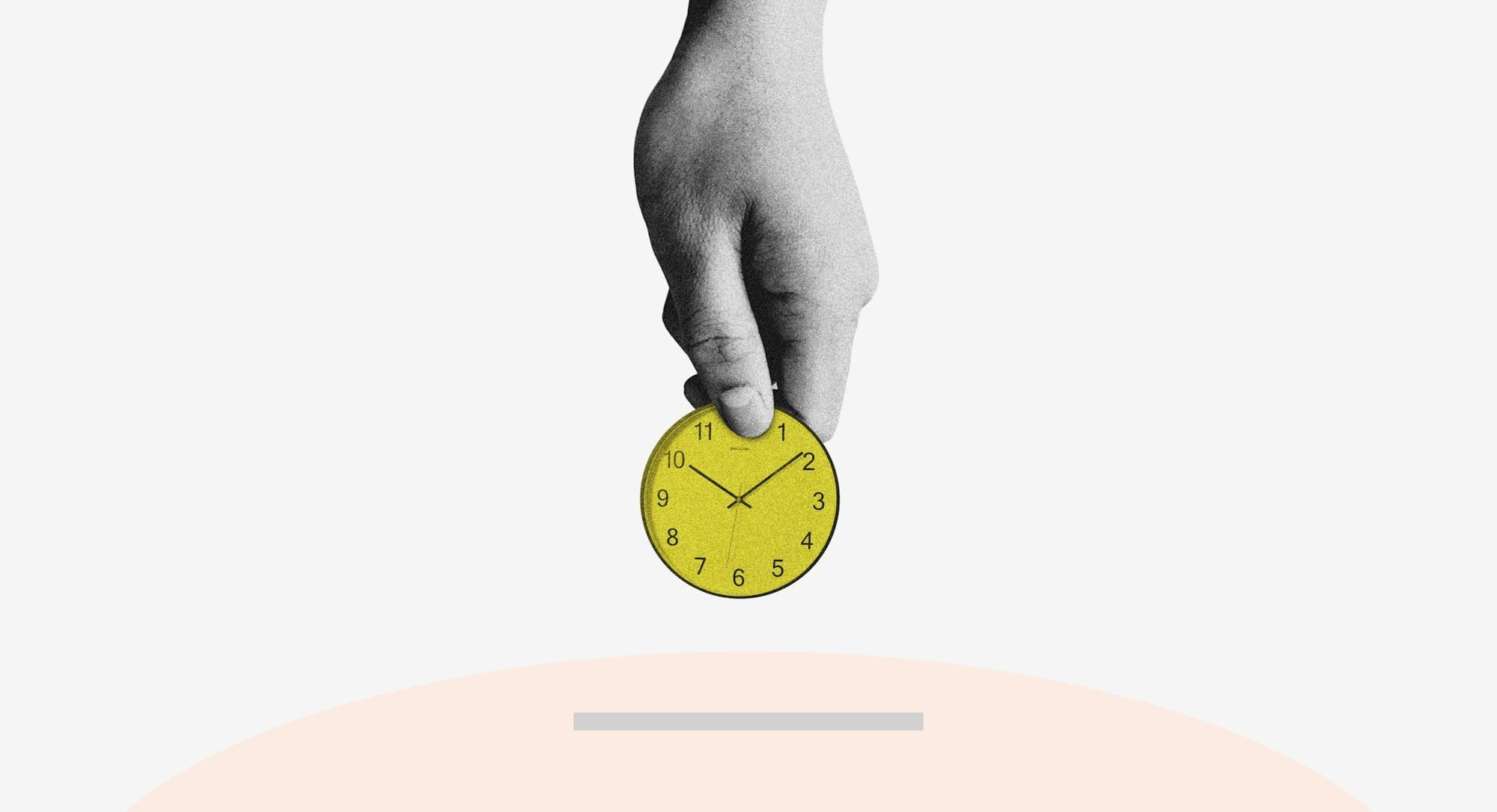
How Do We Know Our Time is Well Spent?
In an age of side hustles and self-optimization, it seems like everyone is trying to squeeze the most out of their time. Every spare hour is a potential project, every weekend a chance to build, learn, or monetize. Rest is allowed, but only if it’s “productive” rest.
So when I look at how I’ve spent my own free time, I can’t help but feel a little uneasy. I haven’t started a new project. I haven’t chased the next big goal. And compared to the noise around me, it’s easy to feel like I’ve somehow fallen behind or missed out.
That discomfort led me to wonder: How do we actually know if our time is well spent? Do we judge it by what we manage to get done, or whether we hit the goals we set for ourselves? Or maybe by how we felt while hustling to make the best out of our time?
And perhaps the hardest part is, we only ever seem to know in hindsight.
More Output, More Utilization
The most obvious and most common way to determine whether we’ve used our time well is to measure its output. The more we get done, the better we assume we’ve spent those precious moments of free time.
There’s no denying the satisfaction of checking off tasks one by one. It gives us a clear sense of progress, a feeling that we’re moving forward. Surely that means we’ve made the most of our time by being productive, powering through an endless list of to-dos, chores, and goals.
But if you take a step back, you start to realize this isn’t so different from doing busy work. Filling your schedule doesn’t necessarily mean you’re using your time well. You can pour hours and energy into activities that ultimately lead nowhere, productive on the surface, but empty underneath.
It’s All About the Outcome
Getting things done is just a means to an end. The deeper question is whether those efforts actually led to the outcome you were aiming for. So maybe a better way to judge how we spend our time is by looking at what we achieved, not just what we did.
Instead of focusing on everything that happened over the weekend, maybe it’s more useful to ask: Did I reach the destination I set for myself before I began?
Rather than chasing productivity for its own sake, it feels more meaningful to work toward a goal and measure your time against that. At least then, your effort has direction. There’s a sense of progress, of purpose.
But that approach assumes you actually know what you want. And often, the goals we chase aren’t truly our own. They’re borrowed from expectations, trends, or other people’s definitions of success. You can reach the finish line and still feel empty, realizing too late that it was never a destination you cared about in the first place.
Orientation is Key
Perhaps it’s worth putting more thought into why we do the things we do. Do we really need to start that side project? Must we dedicate time and energy to pursue a goal we forget the moment we achieve it? Maybe what we need first is to orient our intentions, to make sure our outcomes and outputs are aligned with what we truly desire.
Before we get pulled into the motion of constant doing, it’s wise to pause and ask: What am I actually after? Do you want to be busy and productive, or do you want to achieve results that genuinely mean something to you?
Time spent orienting—realigning your direction—is never wasted. It’s how you make sure your effort is pointed toward what matters. Moving slowly in the right direction is far better than racing forward with no idea where you’re going.
Once you orient yourself toward what truly matters, you can start defining the outcomes that align with those values and direct your output toward achieving results that actually mean something to you.
Maybe It's the Wrong Question
Looking back, maybe the entire notion of needing to spend time well is the real problem. We carry this unspoken pressure to be productive, as if time is only valuable when it’s optimized. Because it’s precious, we feel we must manage it like a resource, tracked and accounted for.
But maybe what really matters isn’t how well you spent your time, but how closely your life aligns with what you truly care about. And if that means doing nothing for a while, then maybe that, too, is time well spent.




Comments